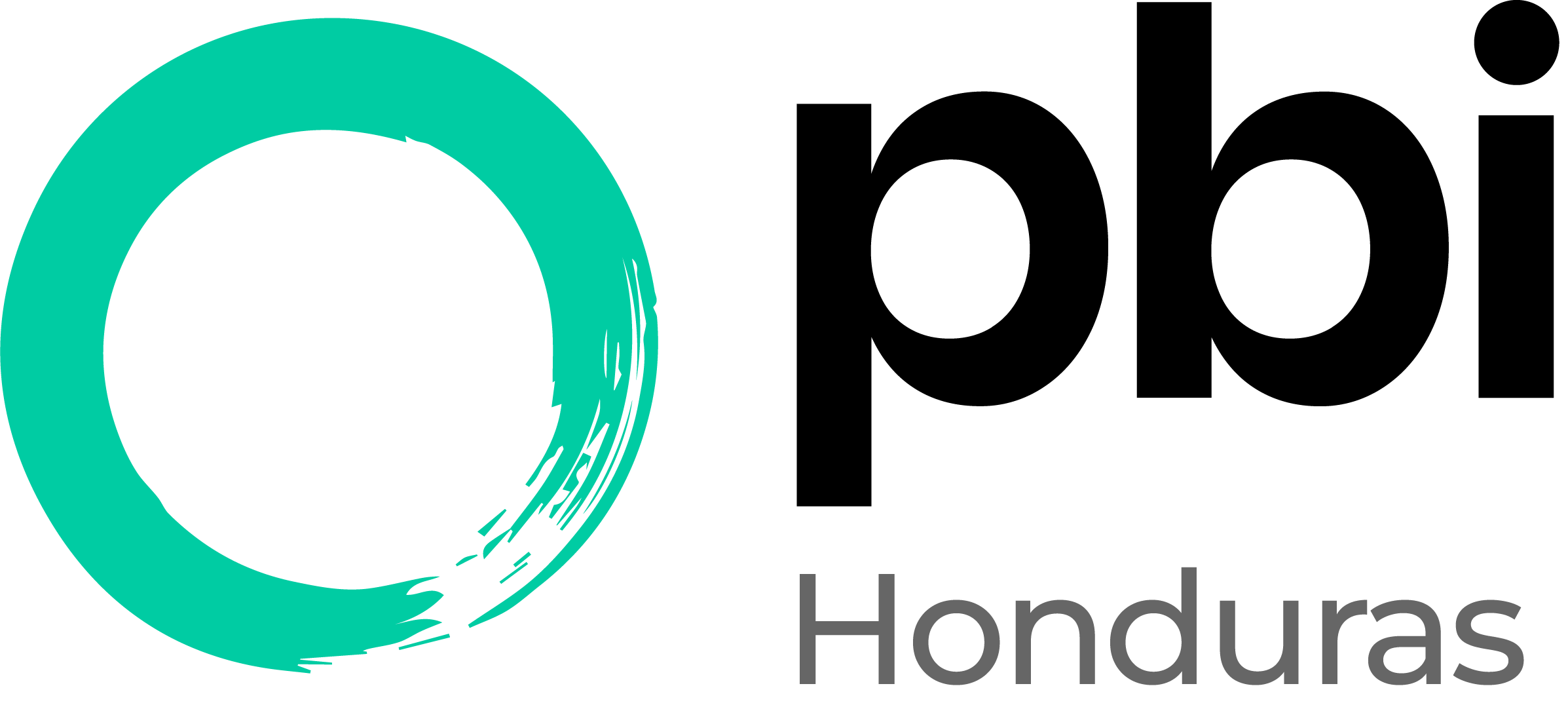“They want to take the forest away from us, and they want to ask us the best way to do it. What they don’t understand is that we simply don’t want them to take the forest away from us.” This phrase, from a member of the Honduran Centre for the Promotion of Community Development (Centro Hondureño para la Promoción de un Desarrollo Comunitario - CEHPRODEC), an organisation accompanied by PBI Honduras, is symbolic of what is usually expressed by one part of Honduran civil society with respect to extractive projects in the territories of indigenous and tribal peoples: non-compliance with free, prior and informed consultation (1).
In 1995, Honduras ratified Convention 169 of the International Labour Organisation (ILO) according to which indigenous and tribal peoples have the right to free, prior and informed consultation before any project that may have an impact on them. This right, like all internationally-recognised human rights, must be included as a point of reference for the due diligence that corresponds to companies according to the Guiding Principles on Business and Human Rights. Human Rights due diligence “concerns the responsibility and activities by which business enterprises should identify, prevent, mitigate and account for the harms they cause, contribute to, or to which they are linked” (2).
Due diligence was also the main focus of the seventh United Nations (UN) international forum on Business and Human Rights, which took place from November 26 to 28, 2018 and in which CEHPRODEC participated. Participating in this forum are bodies such as the United Nations Working Group on Business and Human Rights, which was created in 2011 by the UN Human Rights Council. The Forum usually receives more than 2,000 participants, including representatives from governments, businesses, community groups and civil society, and it provides participants with a space for debate on the Guiding Principles (3), conventions, treaties and laws.
When we talk about human rights, we are dealing with the lives of men and women, girls and boys. We are talking about their human dignity. This event is also an opportunity for civil society, organisations and community groups to talk about the difficulties they encounter as a result of their work, as highlighted by the Office of the High Commissioner for Human Rights (OHCHR) in its 2018 report on the situation of human rights in Honduras, which states that “conflict over land and the frequent undue use of the criminal justice system against individuals advocating against large-scale projects affecting land remain a concern” (4).
For civil society, this event is also an opportunity to represent those people who organise and mobilise to raise their voices, as in the case of El Triunfo, in early December, where “some 8,606 people […] voted in 60 polling stations that were located in the 11 sectors that make up the second most important municipality in the department of Choluteca” (5).
The event is also an opportunity to remember that people who organise do so at personal cost. For example, in the citizens’ consultation in El Triunfo, Choluteca, held on December 2, 2018, where PBI Honduras was present, several people opposed to the consultation threw stones at one of the 60 polling stations. Moreover, people who participate in this type of initiative often receive arrest warrants, are arrested and/or receive threats. According to the National Trade Union of Rural Workers (Central Nacional de los Trabajadores del Campo - CNTC), 6,000 people from this organisation were criminalised in 2018 for their work in defence of the right to land and territory.
If Honduran civil society had to share each attack suffered by those who defend their rights to land and territory, as reported by the organisations accompanied by PBI Honduras, they would have to mention every person who has been prosecuted, detained, wounded with machetes, murdered, women beaten even while pregnant, families evicted by state security forces, by the State, torn from their lands where they live and from which they receive sustenance. When civil society and indigenous communities organise, it is these women and men, girls and boys who raise their voices demanding a dignified life.
In a world of great wealth and technological advances, no person anywhere should be left behind. No person should go hungry, lack shelter or clean water and sanitation, face social and economic exclusion or live without access to basic health services and education. These are human rights, and form the foundations for a decent life” (6) (Ban Ki-moon,Secretary-General of the United Nations from January 2007 to December 2016)
1 https://honduras.oxfam.org/blog/deber-consulta-previa-en-Honduras
2 https://www.escr-net.org/sites/default/files/human_rights_due_diligence_briefing_paper_first_draft_sept_2015_-_span.pdf
3 .https://www.ohchr.org/SP/Issues/Business/Forum/Pages/ForumonBusinessandHumanRights.aspx
4 https://drive.google.com/file/d/1k_VKjWDTpgmlQzGEfeLkVTcxQYPK3bz0/view
5 https://movimientom4.org/2018/12/en-consulta-ciudadana-el-triunfo-choluteca-dice-no-a-la-mineria
6 http://www.un.org/es/comun/docs/?symbolA/68/2
